 Think of Roy Lee Jackson and an image of the 6-foot-2 righthander firing off the mound might quickly come to mind. How about visions of the powerful bat he wielded in college? Or maybe you think of his singing and ministerial skills? There’s so much to his story.
Think of Roy Lee Jackson and an image of the 6-foot-2 righthander firing off the mound might quickly come to mind. How about visions of the powerful bat he wielded in college? Or maybe you think of his singing and ministerial skills? There’s so much to his story.
An Opelika, Ala., native, Mr. Jackson wanted to play at Auburn, but the team’s coach wouldn’t have him. Instead, he traveled 30 miles to Tuskegee, the prestigious school defined by the rich legacies of Booker T. Washington, George Washington Carver and many other Black luminaries.
It proved the perfect situation, and Mr. Jackson immediately showed his talent played anywhere. He was a key two-way player for powerful Golden Tigers ballclubs that posted a 63-30-2 overall record from 1973-75 and often reigned as kings of the Southern Intercollegiate Athletic Conference (SIAC).
He signed as a free agent with the New York Mets in the summer of 1975. At the age of 25, in his third big league season with the Mets, Mr. Jackson devoted his life to serving Jesus Christ, a choice that altered his journey in wonderful ways.
For 10 years, he pitched in the majors for the Mets, Toronto Blue Jays, San Diego Padres and Minnesota Twins.
“Honestly, I never even thought of being a major league ballplayer, or even going to college for that matter,” Mr. Jackson told Black College Nines. “My parents and my teachers had the biggest influence on the person I am today, as well my relationship with the Lord. My upbringing had everything to do with me persevering.”
He currently serves as pastor of the New Creation Service Center in Opelika, where he shares the Gospel with a local congregation and a worldwide audience through his church’s YouTube channel.
Black College Nines writer Douglas Malan visited with Mr. Jackson in early June 2020. The following is a lightly edited version of that conversation.
What was life in Opelika like for you?
Growing up, we were poor of course. But the thing about growing up back then, I had a lot of relatives in my neighborhood, maybe a block or two away. There was never much emphasis put on our situation from our parents. My mom and my dad both worked. My dad worked two or three jobs at different times.
People back then really cared about one another. And your neighbors, if you messed up you got a whuppin’ from them and then when your parents came home you got another whuppin’. People were much different in how they raised their children back then.
We spent a lot of time playing in the woods, climbing trees, picking blackberries and all. Sometimes it was rough and you didn’t have enough to eat. You’d just do the best you can. We’d go and pick blackberries and put them in a quart jar, walk uptown and sell those for 25 cents a quart. Back then a quart took you a long way.
We started playing baseball at my grandmother’s apartment. We would steal our mother’s broom and cut the broom off. (laughing) We found us a rubber ball or something like that and we played baseball. After that we’d go up to the school to the basketball court. We’d leave that and we’d go play football. That was our way of life.
What kind of lessons did you learn growing up?
Probably the first 14 years when I was growing up, it was under segregation. But my parents always taught me this – you treat people the way you want to be treated. And my grandmother, she was like a second mother, would always say, ‘You know if you get outta line, God sees what you’re doing.’ She put the fear of God in you.
They believed in discipline and I’m thankful for that. You grew up respecting all people. When there are principles of respect embedded in your childhood, that stuff sticks with you. And this wasn’t just our family. It was all Black families.
My father always told me, “Boy, ain’t nobody gonna give you nothin’. You’re gonna have to work for everything you get.” That stuck with me. Part of instilling that work ethic was understanding what it meant to work for something, earn it and then appreciate it.
It was somewhat hard but not to the point where you’d get discouraged. You learned to deal with it over time and that added a lot of toughness, being able to endure regardless of what the situation was. And I had to learn that at a young age. Honestly, I wouldn’t trade my childhood for anything.
Who else do you credit for influencing your life early on?
I really appreciated my teachers, especially my elementary school teachers. They would always encourage all of us. They would always instill in us, “Baby, you can do anything you want to do. You know you’re gonna have to work twice as hard.” Always encouraging us so you didn’t get depressed with your plight.
And there was this man named Elmer Ward. He was a white gentleman and one of the best people that I knew and loved probably as much as anybody else. Because when it wasn’t popular, he would come into our neighborhood and pick up the Black kids so we would have some place to play ball competitively.
And then my football coach, Larry Gore. He was a lot like my dad. He would say, “Son, if you want anything in this world, you’re gonna have to work for everything that you get.” For me, that stuck out in my mind as much as anything because my daddy already told me that. So that was confirmation.
Plus, my cousin, John Oscar Grady. He was the one who started us all out loving sports – baseball, football, whatever. He would never let you quit. And you respected him because he was older than you.
You were one of Alabama’s top high school players and got drafted in the 12th round by the Houston Astros in 1972.What led you to Tuskegee as opposed to signing with Houston?
The decision was made by me and my family. We looked at the value of being drafted that late as opposed to what I could accomplish in getting an education. The education was really more valuable at the time. Believe it or not, I didn’t even get a lot of offers out of high school. I only had two schools contact me – Florida A&M and Tuskegee. Florida A&M really pushed hard at the end to try to get me to come down there.
I wanted to go to Tuskegee because it was closer to home. But before I got any offers, I really wanted to play at Auburn. It’s right here in town. But at the time it was the racial issues. And it wasn’t really the players, it was the coaches. At the time I think I was rated in the top five in the state of Alabama among best baseball players. And I didn’t get an offer of a scholarship or tryout from Auburn or anything like that. A friend of mine played at Auburn, and he and I played on some all-star teams. He tried to get the coach to offer me a scholarship, but the coach said he wasn’t doing that. I think that had something to do with racism, if you want to be quite honest about it.
I’m glad I went to Tuskegee. I really enjoyed my experience. I made some good friends, and we still have that bond that we had when we were in school.
What do you remember about life on campus?
The one thing that really stood out to me there, besides my athletic career, was we would have to walk to class and we’d go through a little valley. During the wintertime, it would be so cold! We called it The Hawk. They’d say, “The Hawk’s out this morning. You better get your coat on.” I don’t care what year it was, during the winter, The Hawk was gonna be in that valley and let you know it was there.
People on campus would always be visiting and fellow-shipping. That was always interesting and exciting to me. And meeting people from different parts of the country. Friends of mine were from Kansas City, Detroit, some from Montgomery, Atlanta and different places. And you realize that it didn’t matter what part of the country you were from, you were pretty much all the same.
Was there a mix of white students on campus?
Yeah, and we actually had one guy who came and played on the baseball team. His name was Bobby Knyff. If you would just listen to him talk and you didn’t see his face, you’d swear he was a Black guy. He was just that kind of a guy. He had no problems. Guys just weren’t like that. We were all baseball players and we looked at each other from that perspective. Nobody talked about the fact that he was a white guy and all that. We treated him just like everybody else, made jokes with him just like everybody else.
He was like a fireball, man. I tell you, he wasn’t intimidated by anything. Really, back then, it took some gall on his part going to an all-Black school in the early 1970s. We had just fully integrated in my high school in 1968, so it wasn’t too long after that. It says a lot about him and the fact that he wanted to go school there. It says a lot about my coach, too, Jim Martin, that he offered him a scholarship.
What were your expectations as an incoming freshman for the Golden Tigers?
I wasn’t thinking about anything, to be quite honest with you. As far as competing, that was automatic, that was ingrained in me. I loved competition. But I didn’t put pressure on myself that I had to outdo certain guys. I just put it in my mind that I was going in to be the person I always have been and let my ability speak for itself.
Now Coach Martin (laughing) he liked to play a little mind game with you, right? He knew and my teammates knew I was a pretty good pitcher. So when I came in, they always tried to be tough on the freshmen. They would do these initiation things. And they cut all our hair off so only the letter T was left up there. And when they did, my hair never grew the same after that.
So I’m thinking I’ll get even when the next year’s freshmen come in. But then Coach Martin decided we weren’t doing initiations anymore.
I just need to acknowledge these incredible stats you posted at Tuskegee. A 22-9 record with 384 strikeouts, only 64 walks and a 1.51 ERA in 251 innings across three years. You hit .404 your sophomore year, then led the team with a .431 average and .718 slugging percentage your junior year in 1975. And by the way, your junior season you also posted a 0.98 ERA and struck out 160 batters to lead all Division II pitchers. My goodness!
 You know, honestly, when I had success at Tuskegee, it wasn’t something I bragged about. It was just competition and doing the best I could do and having teammates that wanted the same thing. I didn’t really want to get focused on the wrong thing, you know, get a big head. I just tried to keep low key about all that stuff.
You know, honestly, when I had success at Tuskegee, it wasn’t something I bragged about. It was just competition and doing the best I could do and having teammates that wanted the same thing. I didn’t really want to get focused on the wrong thing, you know, get a big head. I just tried to keep low key about all that stuff.
And let guys like me make a big deal out of it?
(laughing) That’s right!
What games really stand out for you during your Tuskegee years?
The games that stood out the most were the games when we played Alabama State, because that was a rivalry. And every time we played at Alabama State, they would always cheat – I do remember that. (laughing)
As I say that, I’m thinking about a game we were playing, the bases were loaded with two out. It was a close game, and I can’t remember who was ahead. I was pitching. It’s a 3-2 count, and everybody’s looking for a fastball, especially in college. I throw a 3-2 slider, and I mean it was right down the middle. The guy didn’t swing or anything and this guy called it a ball. I don’t think I’ve ever been madder. It was a rivalry. Really it was a hate for that team, and they didn’t like us, either. The schools are only 30 miles apart.
And I always remember the games with Florida A&M because of Andre Dawson. He was always hard to get out. You could put the ball on the corner, you could throw breaking balls, mix it up or whatever. He was a really disciplined hitter, even in college. That’s the kind of competition you like. Whenever we played them, that was a pretty big game. We didn’t only compete, but we had a relationship to a small degree and we talked whenever we’d see each other. He was a pretty quiet guy himself. But we would talk and it was always about the game and stuff like that. When he was drafted by Montreal and I was with the Mets and got called up, he and I talked again.
And we played Southern Illinois University (at Edwardsville in 1973), which was a much bigger school than us. And believe it or not, their coach at the time was named Roy Lee. I remember jokes about that. Everybody thought we were gonna get blown out. It was a predominantly white school. They ended up beating us 2-1. And for me, it was a test of my abilities, playing against a much bigger school with probably a little bit better ballplayers.
Your Tuskegee ballclubs were really good, too.
Yeah, we had some players on our team that could play. We had a guy named Tyrone Phinnessee (.481 avg., 30 RBI in 1974 / .418 avg., 33 RBI in 1975) and he was the first baseman. Now that dude could hit, and he was a big guy, a hefty guy. He was a pretty good first baseman, too. And the shortstop, named Curtis Crump (.426 avg., 22 RBI, 20 steals in 1973), he was a good player as well. And Richard Shaw (.440 avg., 42 steals, 22 RBI in 1973), he played third base. All of those guys got a look from pro scouts, if I’m not mistaken. A guy named Joe Christian (.421 avg., 17 RBI in 1974), he was a pretty good player. Out of all the teams in our league, we always had the better athletes than most of those teams, and we knew how to play the game.
It was real, real exciting when you would play those games. Guys would have a good relationship on both teams and guys would talk smack. And I used to get it all the time – “You’re the freshman phenom. We gonna light you up today.” Stuff like that. And I was never one to do it back and forth. I was quiet. When you made a statement like that, all that did was pump me up even more and made me focus more on the competition at hand. Of course, we’d end up winning, not talking trash, just tell them to look at the scoreboard. (laughing)
I always remember your 1984 Fleer baseball card with you singing the national anthem. How did you get into singing?
 When I was in high school, we had a little band in the ninth grade. And I always liked singing, man. Somebody told a woman in the Blue Jays marketing department that I could sing. She said, “Somebody heard you sing and told me about it. I wanted to see if you’d be willing to sing the national anthem.” She said we’d go record it because what I think they really wanted to do was see if what they heard was true, if I could actually sing. (laughing)
When I was in high school, we had a little band in the ninth grade. And I always liked singing, man. Somebody told a woman in the Blue Jays marketing department that I could sing. She said, “Somebody heard you sing and told me about it. I wanted to see if you’d be willing to sing the national anthem.” She said we’d go record it because what I think they really wanted to do was see if what they heard was true, if I could actually sing. (laughing)
When they heard the recording, the thing that I really think shocked them was I knew every word of our national anthem and the Canadian national anthem. I sang in Toronto and in Texas that one year.
I was surprised when I saw the card because they didn’t tell me they were publishing it as a baseball card. My friends made fun of me about it, like, “Yeah, man, you sing better than you pitch.” (laughing)
A few years before that is when your life really turned around, in pro baseball and every other way.
I got saved when I was 25. And I’m not kidding, my life changed completely and totally at that moment. I had some bad habits, bad vices. I used to smoke two packs of cigarettes a day, along with some other habits, but at that moment, no kidding, all of that quit. I didn’t smoke anymore, didn’t drink anymore, didn’t use profanity anymore. Just total change, man. I had a real experience with the Lord. And my life has been totally different since then.
You spread the Gospel in a lot of different ways, too, during your time in pro ball.
 It was a blessing being able to minister in the lives of some of those players when I was in Toronto – a guy named Jesse Barfield and Tony Fernandez. I was Tony’s mentor when he got saved. He passed away a few months ago (in February). That was heartbreaking. But the fact that he had a relationship with God, that was most important to me.
It was a blessing being able to minister in the lives of some of those players when I was in Toronto – a guy named Jesse Barfield and Tony Fernandez. I was Tony’s mentor when he got saved. He passed away a few months ago (in February). That was heartbreaking. But the fact that he had a relationship with God, that was most important to me.
When I became a Christian, I did not like how people would idolize us as baseball players. I was going to the ballpark in Minnesota one day in 1986. There’s this kid sitting out there all by himself in the middle of the parking lot. And, you know, it’s a huge parking lot. You couldn’t miss him. He said, “Mr. Jackson, can I have your autograph?” I said sure, so he gave me a card and I signed it. And then I said, “Let me ask you a question. If you knew that Jesus was gonna be showing up on this particular day, this particular hour, would you be out here waiting on Him?”
He just gave me this (chuckling) real starry-eyed look and he never really answered me. I was nice to him, said thanks and I’ll see you.
Believe it or not, 30 years later, he messaged me on Facebook, asked if I remembered him and said he never forgot that question. He said it really made him think. And he told me today he serves the Lord because of that. Thirty years later! It blew my mind. To this day, he and I have contact and he tells me he reads our church newsletter, listens to my sermons and says it really helps him.
He came back and contacted me not because of my autograph, not because I was a ballplayer, but because I challenged him with the Word by asking a simple question. To me, that’s probably the most blessed moment of my whole career.
Douglas Malan is a journalist and visual artist living in Connecticut. His works include short stories, poetry and books. Among the books Malan has authored includes the children’s book, Let’s Go To The Ballpark!




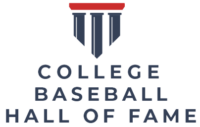
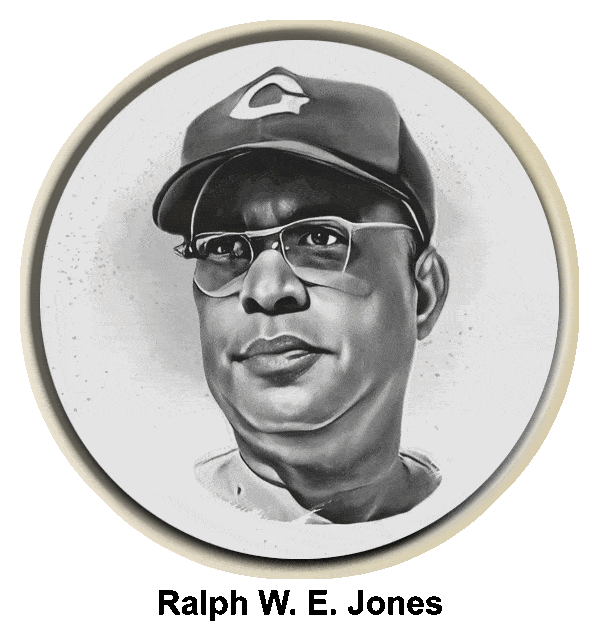





















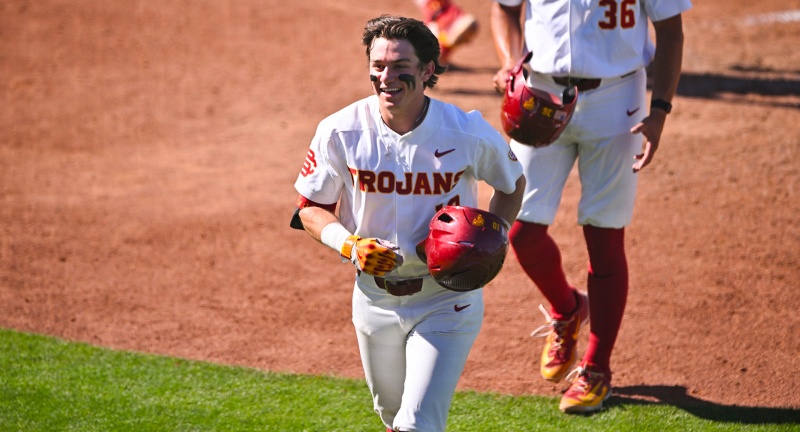

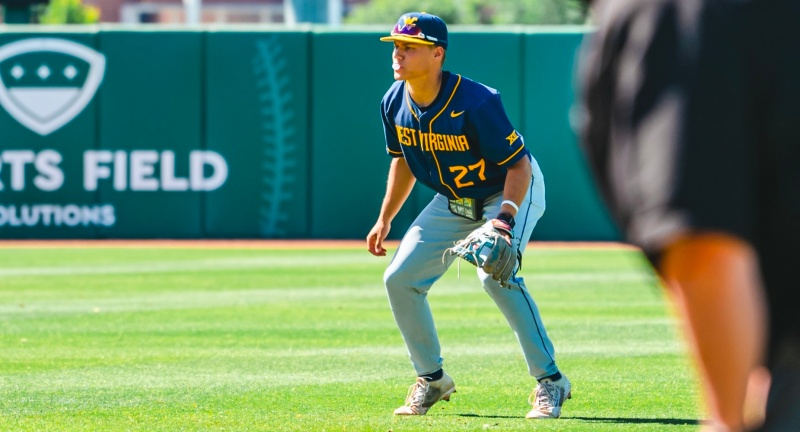






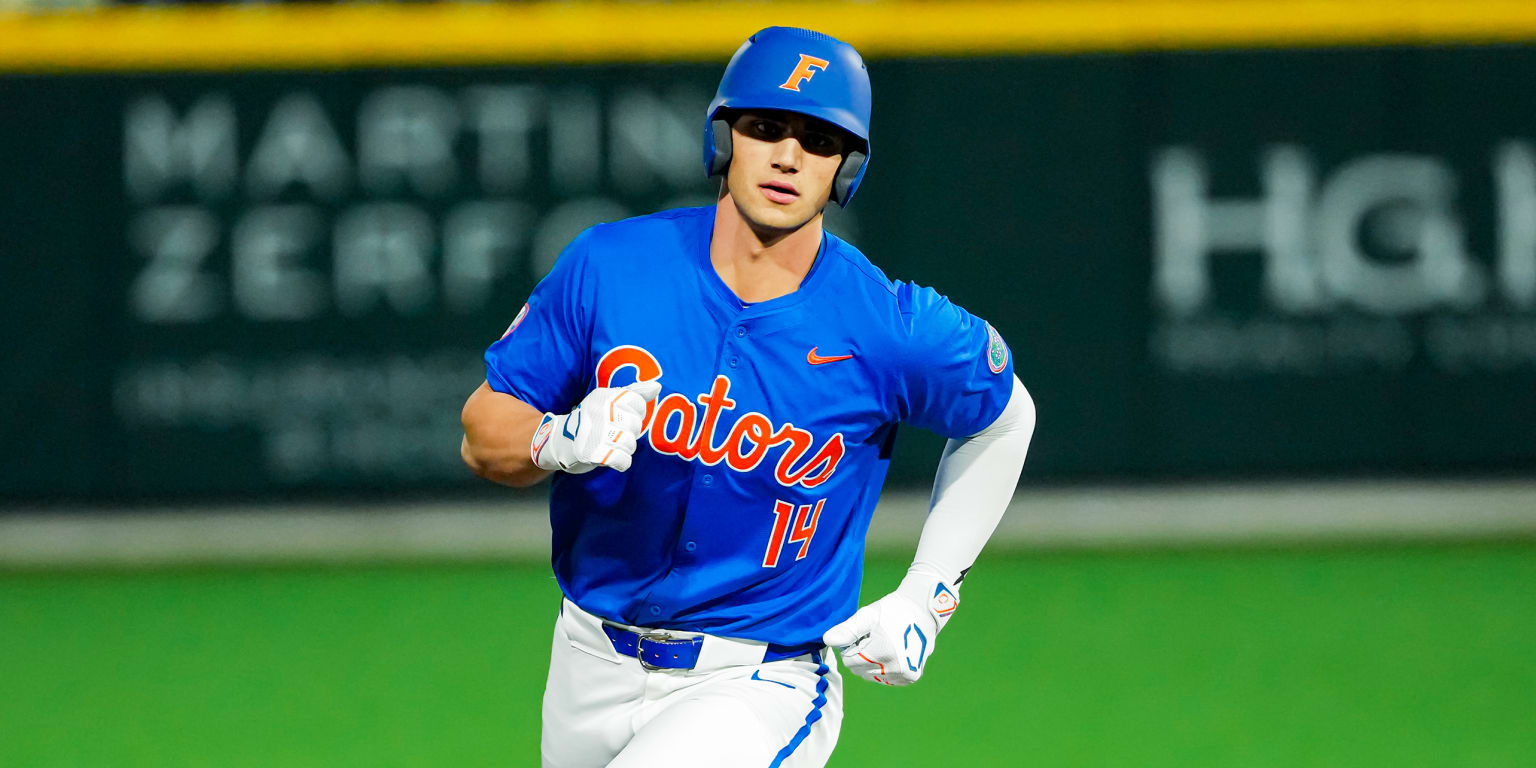
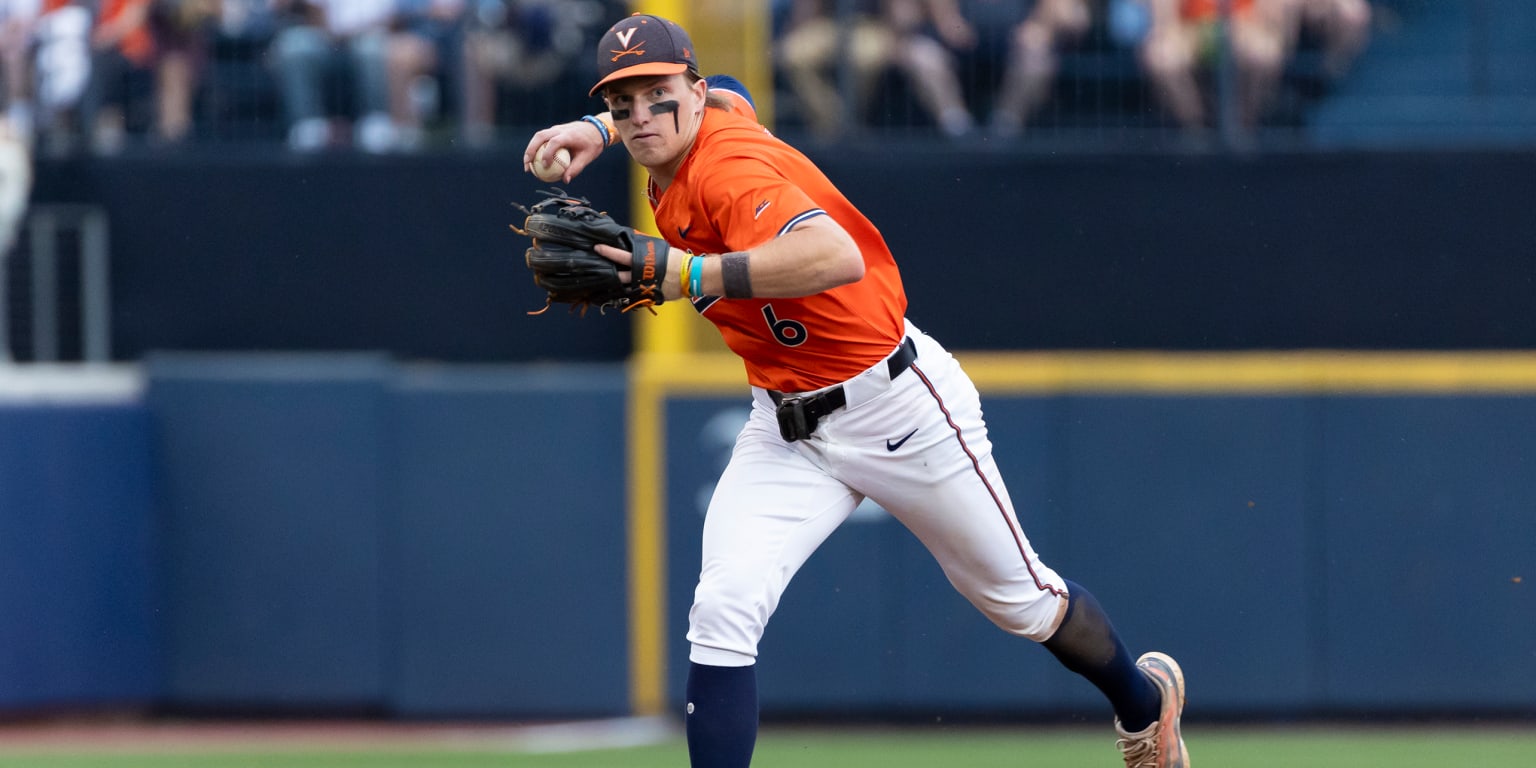
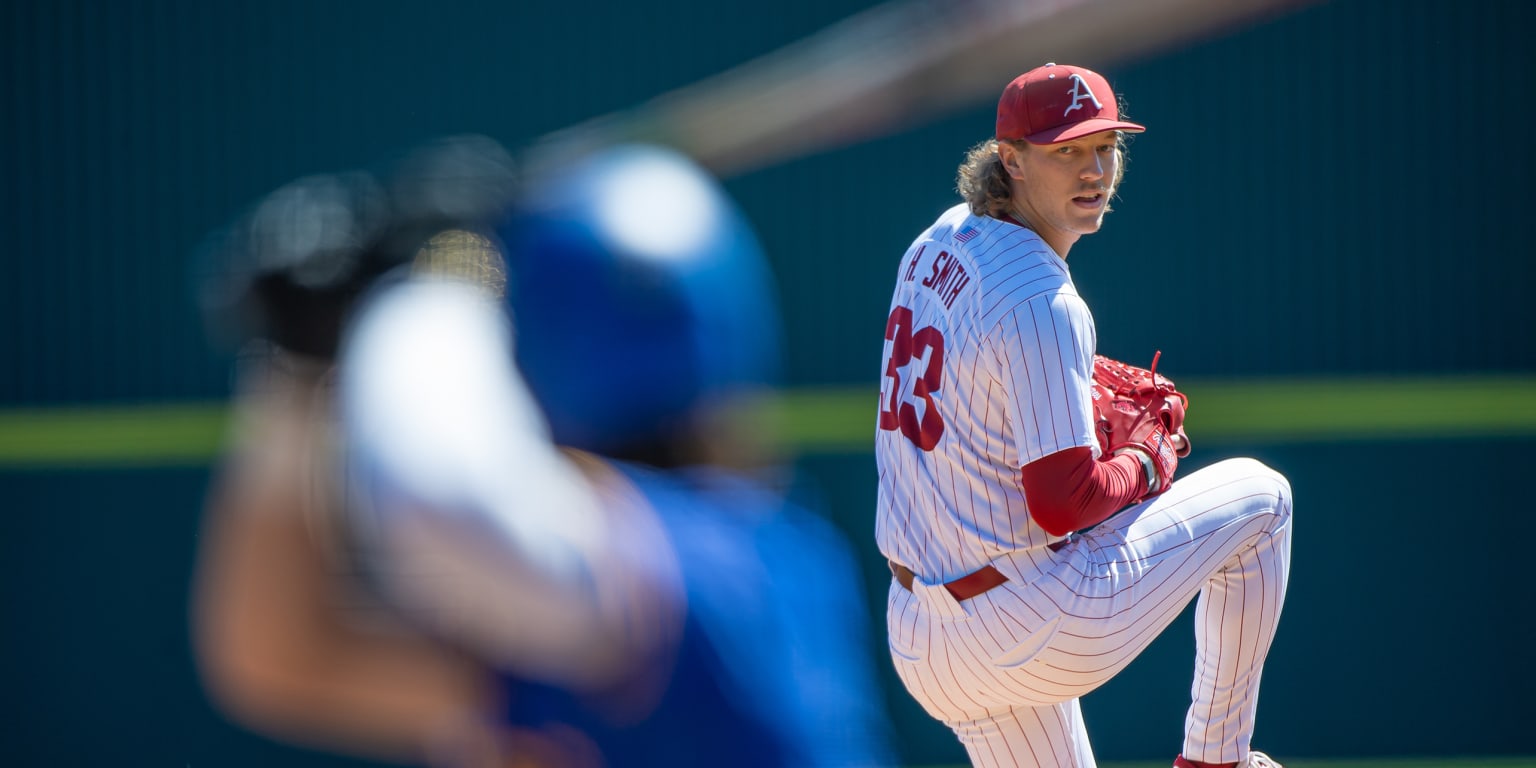
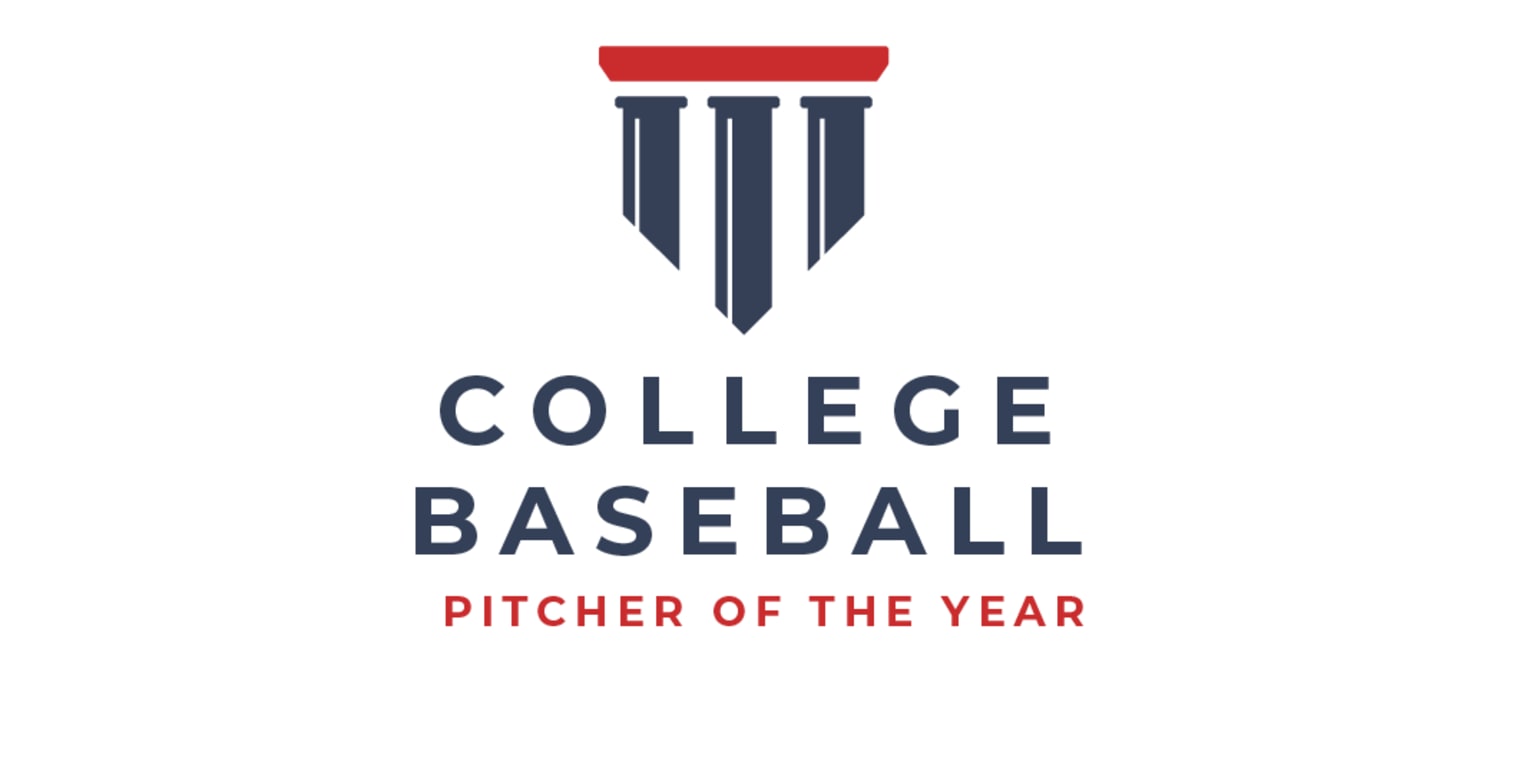

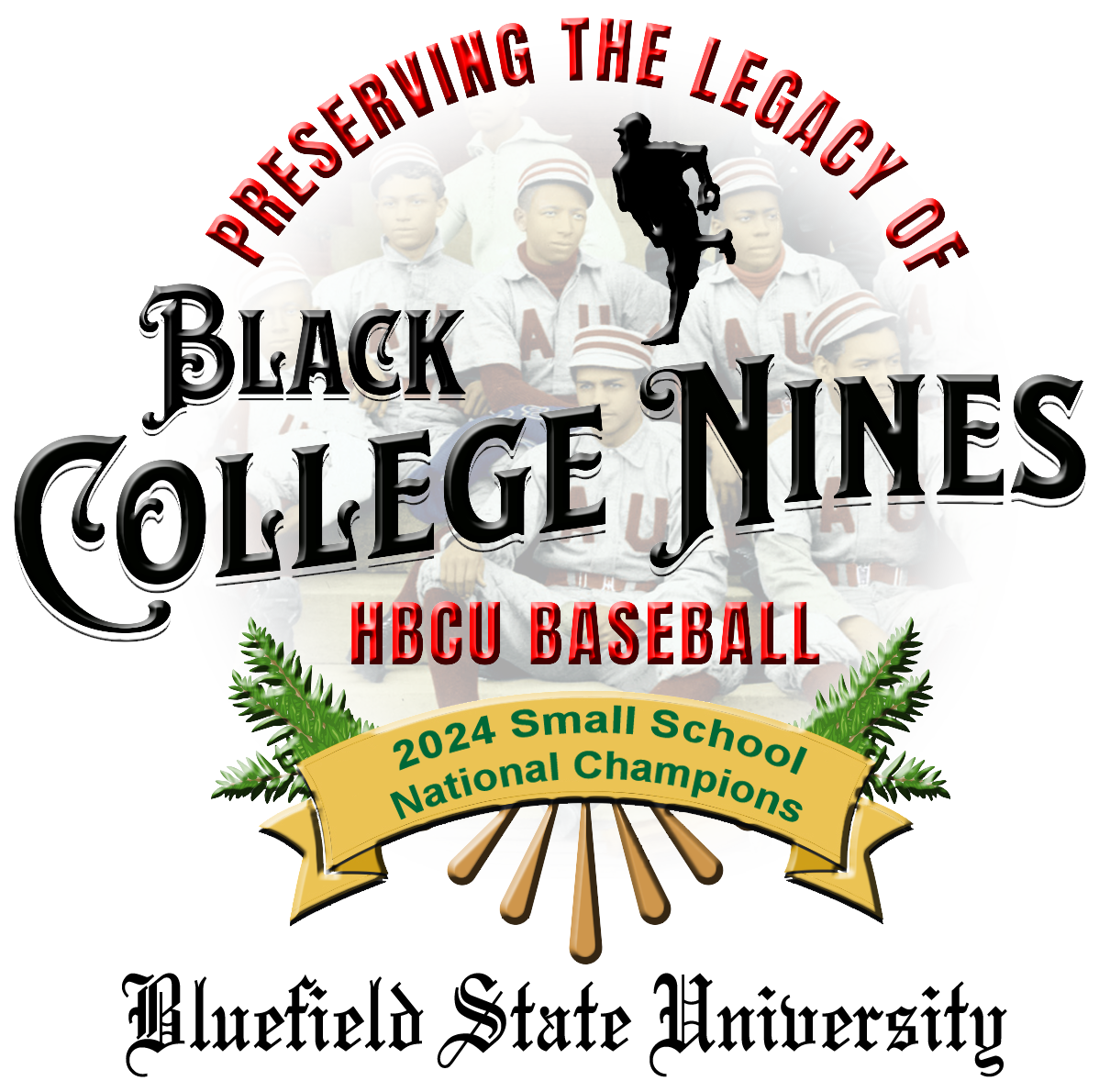







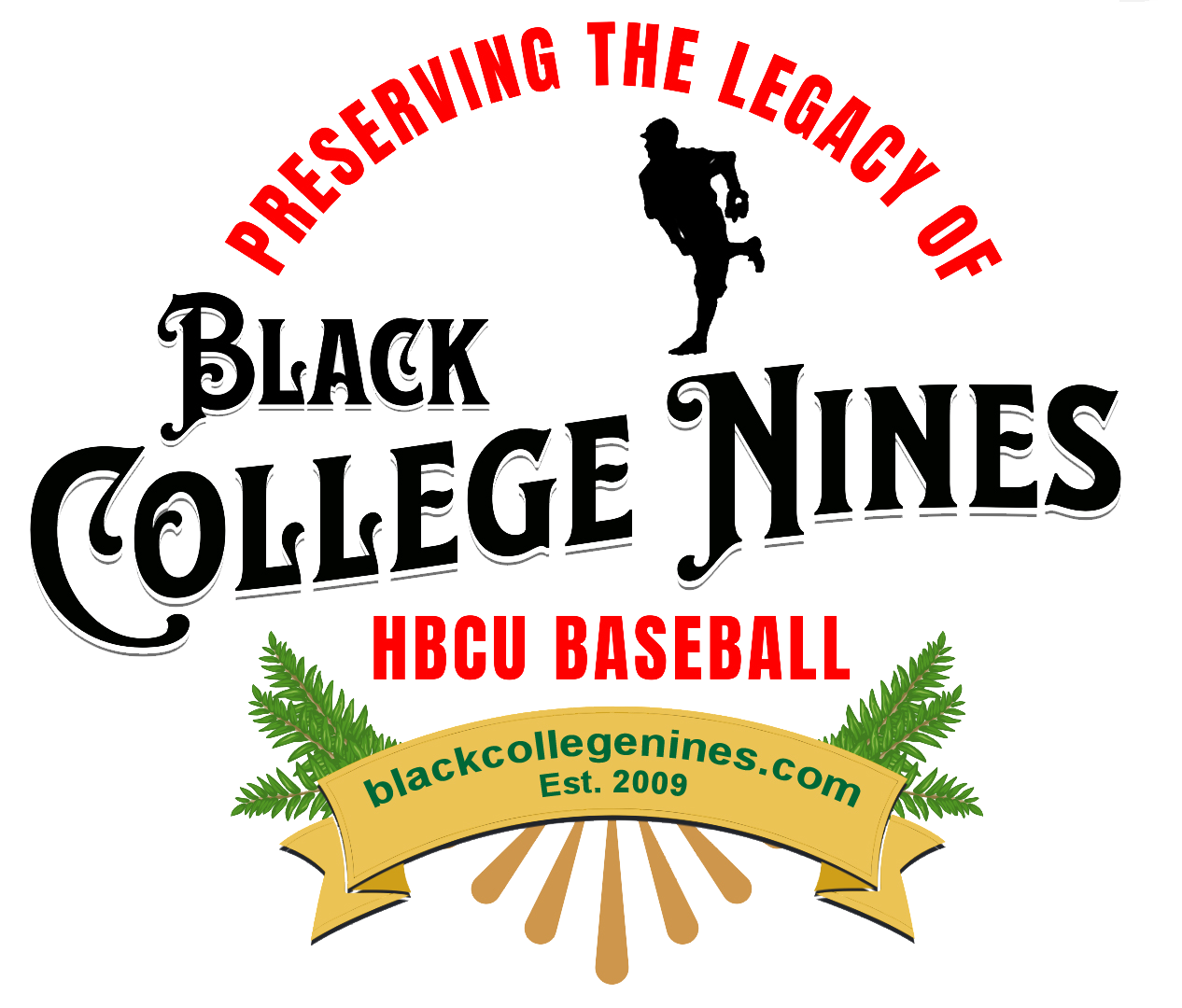
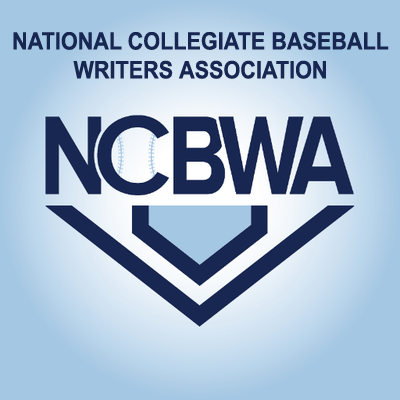
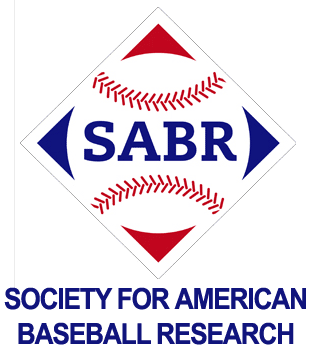
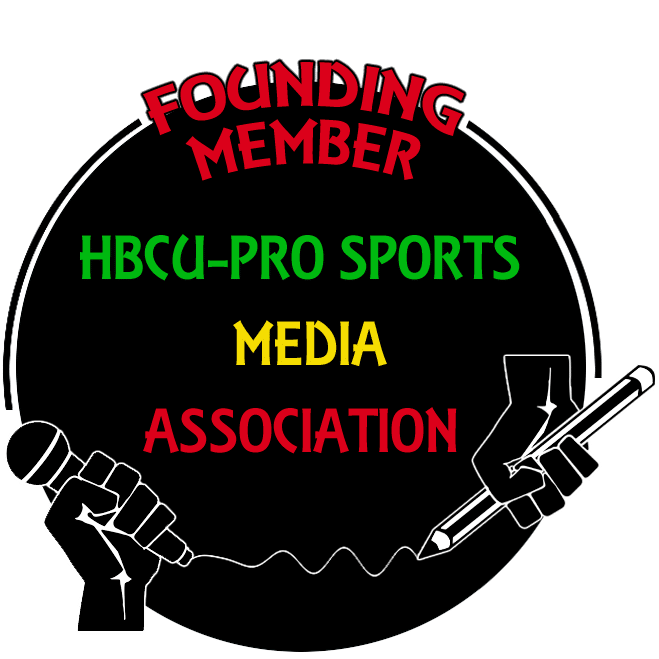

Cory… Roy Lee Jackson wore No. 7 at Tuskegee.
What number did Roy Jackson wear at Tuskegee?
I remember playing against Roy in college (I played at Albany State) and in the minor leagues 3A. I played in Syracuse(Blue Jays), Roy played in Tidewater(Mets). I always called him my homeboy because I’m from a small town in Alabama(McIntosh). He was a really tuff pitcher. By the way, my name is Gregory “Boomer” Wells.